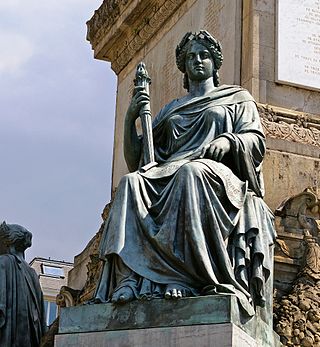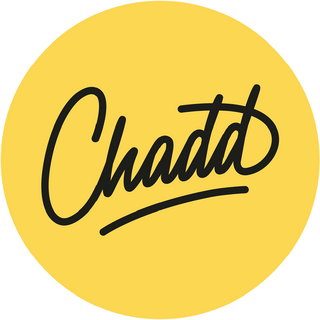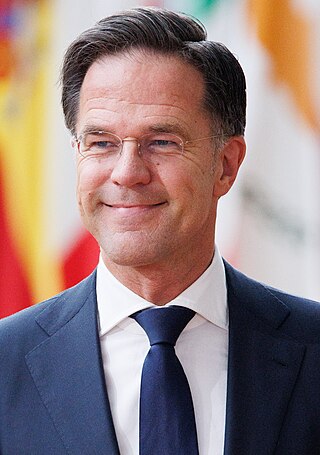In secular usage, religious education is the teaching of a particular religion and its varied aspects: its beliefs, doctrines, rituals, customs, rites, and personal roles. In Western and secular culture, religious education implies a type of education which is largely separate from academia, and which (generally) regards religious belief as a fundamental tenet and operating modality, as well as a prerequisite for attendance.

Education in the Netherlands is characterized by division: education is oriented toward the needs and background of the pupil. Education is divided over schools for different age groups, some of which are divided in streams for different educational levels. Schools are furthermore divided in public, special (religious), and general-special (neutral) schools, although there are also a few private schools. The Dutch grading scale runs from 1 to 10 (outstanding).

The Ministry of Health, Welfare and Sport is the Dutch Ministry responsible for public health, health care, quality of life, social work and sport. The Ministry was created in 1951 as the "Ministry of Social Affairs and Health" and had several name changes before it became the "Ministry of Health, Welfare and Sport" in 1994. The Ministry is headed by the Minister of Health, Welfare and Sport, currently Fleur Agema (PVV), assisted by two state secretaries, currently Vicky Maeijer (PVV) and Vincent Karremans (VVD).
Voorbereidend wetenschappelijk onderwijs, also often referred to as Voortgezet Wetenschappelijk Onderwijs is the highest variant in the secondary educational system of the Netherlands, attended by approximately a fifth of all Dutch high school students. After leaving primary or elementary school students are enrolled in different types of secondary schools, according to their academic ability. The course is a six-year course and successful completion allows the candidate admission to Dutch universities. The VWO is therefore a matriculation exam.

Freedom of education is the right for parents to have their children educated in accordance with their religious and other views, allowing groups to be able to educate children without being impeded by the nation state.

The Ministry of Education, Culture and Science is the Dutch Ministry responsible for education, culture, science, research, gender equality and communications. The Ministry was created in 1918 as the Ministry of Education, Arts and Sciences and had several name changes before it became the Education, Culture and Science in 1994. The Ministry is headed by the Minister of Education, Culture and Science, currently Eppo Bruins.
Johannes (Jan) Maria van der Lans was a Dutch professor in the psychology of religion at the Catholic University of Nijmegen.

A vocational university or university of applied sciences (UAS), less commonly called a polytechnic university is an institution of higher education and increasingly research that provides applied professional education and grants academic degrees. It should not be confused with vocational schools or technical schools that do not meet the strict standards of higher education nor have the ability to grant officially accredited academic degrees.
Hoger algemeen voortgezet onderwijs is a stream in the secondary educational system of the Kingdom of the Netherlands and Suriname. It has five grades and is generally attended at ages of 12 to 17. It provides access to the hogeschool-level (polytechnic) of tertiary education.
The education in the Flemish Community covers the Dutch-speaking part of Belgium and consists of three networks (netten): government-provided education (gemeenschapsonderwijs), subsidized public schools and subsidized free schools.

The Ministry of Foreign Affairs is the Netherlands' ministry responsible for foreign relations, foreign policy, international development, international trade, diaspora and matters dealing with the European Union, NATO and the Benelux Union. The ministry was created in 1798, as the Department of Foreign Affairs of the Batavian Republic. In 1876, it became the Ministry of Foreign Affairs.
Propaedeutics or propedeutics is a historical term for an introductory course into an art or science. The etymology of propedeutics comprises the Greek prefix pro, meaning earlier, rudimentary, or in front of, and the Greek paideutikós, which means "pertaining to teaching". As implied by the etymology, propaedeutics may be defined more particularly as the knowledge necessary before, or for the learning of, a discipline, but not which is sufficient for proficiency.

Mr. Chadd is a digital, on demand homework platform, founded by Jan Kuipers and Kim van der Esch in the city of Groningen, The Netherlands, in 2014. The company focuses on accessible and tailor-made homework assistance for high school pupils throughout the Benelux, via an online program and mobile application. With over 200 employees and 35,000 users, the company has seen a large growth over the past two years.

Science and technology in the Netherlands has an extended history, producing many notable achievements and discoveries in the field. It is an important component in the economic and societal development of the Netherlands. The Dutch government is a driver of scientific and technological progress with science expenditure passing €4.5 billion every year.
MSDS Marine is a British marine and coastal contractor that specialises in the management, execution and support of archaeological projects in the marine environment. The company also engages in outreach to educate the public about marine and coastal heritage and environments and provides opportunities for volunteering.
The terms white and black schools are used to describe the ethnic composition of primary and secondary schools in the Netherlands. In Flanders, so-called "black schools" are referred to as concentratieschool, or "concentrated schools".

The fourth Rutte cabinet was the cabinet of the Netherlands from 10 January 2022 until 2 July 2024. The cabinet was a continuation of the third Rutte cabinet and was formed by the conservative liberal People's Party for Freedom and Democracy (VVD), the social liberal Democrats 66 (D66) and the Christian democratic Christian Democratic Appeal (CDA) and Christian Union (CU) after the election of 2021. The cabinet fell on 7 July 2023, after failing to reach an agreement on separate treatment of refugees fleeing from war. It continued serving as a demissionary cabinet until the Schoof cabinet was sworn in on 2 July 2024.
The Jos Brink Award is a Dutch LGBT emancipation prize, founded in 2008 by the Dutch government. It is awarded every two years and named after the Dutch gay actor, cabaret artist and writer Jos Brink (1942-2007).









